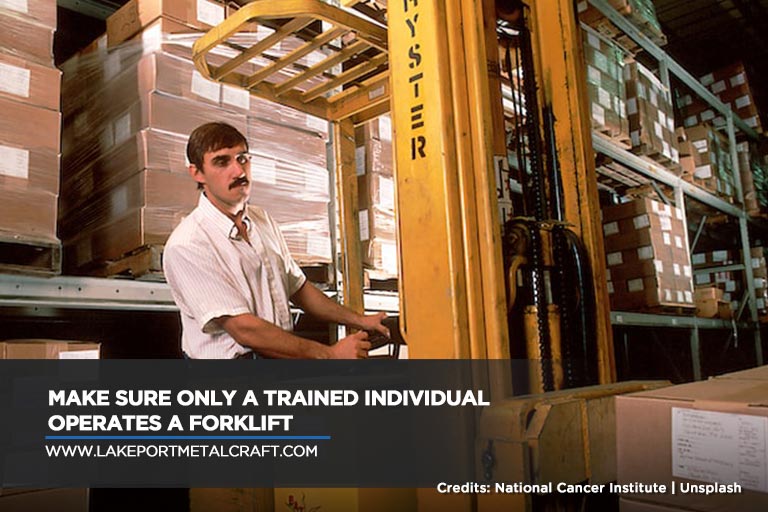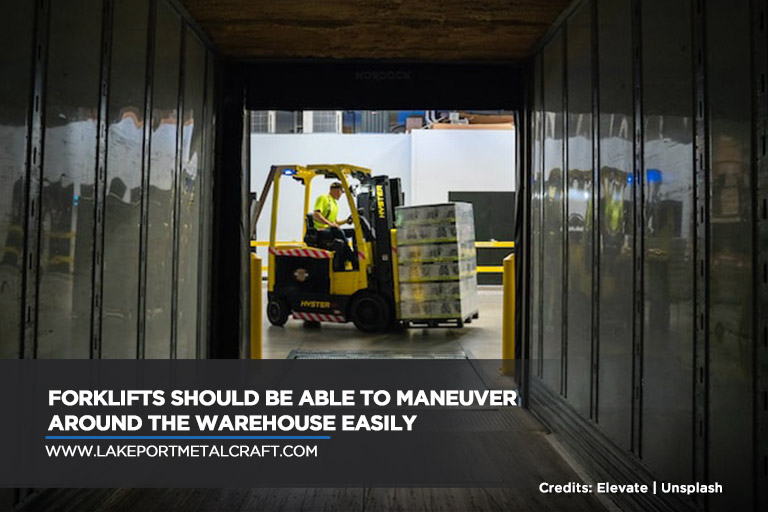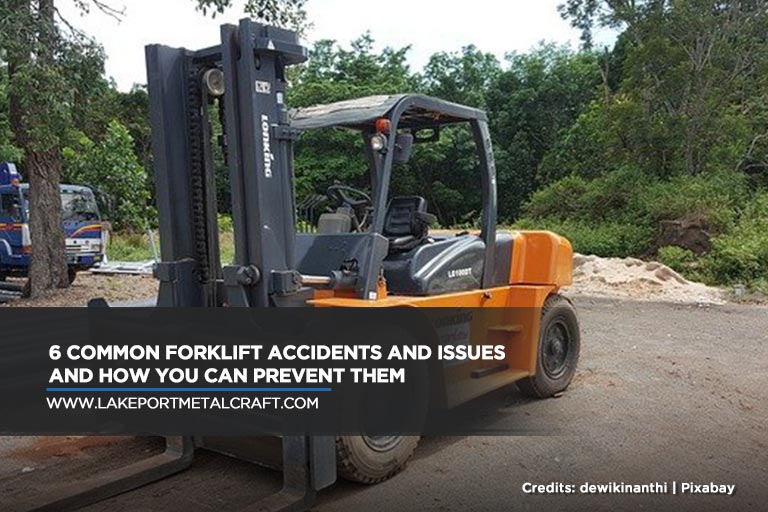Although large heavy equipment is necessary for the operation of various industrial companies, there are other commercial vehicles that are modest but can make a significant contribution to the company. These include forklifts. In the warehousing industry, forklifts are game-changers and have transformed the scenery of shipyards and manufacturing plants.
Despite the advancements in warehousing technology forklifts and reach trucks remain the most essential piece of heavy machinery in warehousing. However, because a forklift is a powerful machine, improper use and maintenance can cause issues and accidents. These accidents can be minor but some can disrupt warehouse operations entirely and can even be injurious or fatal.
Here, we list down a few common issues and accidents that involve the use of forklifts and reach trucks.
- Forklift Mechanical Failures
Although the principle of the forklift and reach truck is fairly simple, modern models and variations of the forklift are complex, requiring rigorous maintenance protocols. With over a thousand essential parts to keep the machinery working well, there are also over a thousand items that could go wrong.
Forklift mechanical failures are one of the most common issues that can disrupt the operations of a warehouse. After all, you rely on the machine to help lift cargo to help you store, transport, and organize your inventory.
Mechanical failures can be minor such as chipped mirrors or broken seats all the way up to mechanical failures that can cause serious harm to the operator or pedestrians. To prevent this, make sure to implement a regular maintenance schedule for each forklift.
Just like your car, forklifts will need regular oil changes, coolant refills, topping up the air to keep the pressures within limits for your tires, and more. And since forklifts are involved in demanding tasks, over time, maintenance needs to be done at more frequent intervals.
While you don’t always have to replace or repair anything at every maintenance checkpoint, having a short checklist of the parts for a safety inspection and keeping your equipment certification updated can go a long way.
If you want your forklift to last longer, you might want to upgrade your equipment every now and then. Common upgrades are underride protections to keep the equipment from being damaged in the undercarriage.
- Cargo Overloading

There are many ways to help make your warehousing operations more efficient. Employers may want employees to squeeze out as much efficiency in their daily operations as possible.
Consequently, this can also prompt forklift and reach truck operators to go beyond the indicated limits of a forklift. Overloading cargo is a very common practice amongst forklift operators. While a few pounds over the limit may help make the task more efficient and may not cause instant structural failure, it is still extremely dangerous. It is not only the forks that will take the brunt of the excess cargo, all other forklift parts will have to do much more than they are designed for.
Your engine will have to work harder, the handling and maneuverability will be compromised, and since there is more cargo than its loading limit, the hydraulic system responsible for doing the heavy lifting can be compromised as well.
You can avoid this by having strict regulations in place to make sure operators always stay within the limits that the manufacturer has specified.
- Workplace Injuries
Injuries in the workplace are something quite common, especially in environments where forklifts, reach trucks, and other types of heavy machinery are used all the time.
Even with proper usage and operation, forklifts are powerful equipment and can cause injuries. In order to avoid this, you can implement workplace safety protocols and guidelines that every employee must adhere to. Safety training is also necessary to help avoid accidents.
You should also conduct workplace safety assessments to make sure your guidelines can cover as many scenarios as possible.
- Workplace Layout

Sometimes the issue isn’t with the forklift or reach truck. It might not even be with improper operation of the equipment. Rather, the layout of your own warehouse can be the culprit in causing damage and disruptions in your daily operations.
Make sure your warehouse has enough space to accommodate storage and the safe maneuvering of forklifts and reach trucks. Alleyways should be wide enough for the forklift to make a small U-turn with cargo lifted on the forks. If your forklift is unable to do this, you might have not allocated enough space.
Additionally, make sure your warehouse has the capacity for expansion. As your business scales and your transactions increase, so will the operations of your warehouse. This will require an increase in your warehousing capacity. You will need bigger forklifts to make sure your operations can keep up with the transactions.
- Misuse of Forklifts and Reach Trucks
Forklifts and reach trucks are meant to transport cargo inside a warehouse. They are made to have a strong engine that is capable of lifting and moving heavy loads.
However, because the forklift is capable of handling immense loads, sometimes operators might use the forklift for tasks other than what it is made for. Sometimes forklifts are used to tow smaller machines — and even cars! Other times, forklifts are used as scaffoldings to help a worker reach higher places.
Make sure you use your forklift only for the tasks that it was designed for to avoid injuries and issues that can result in financial repercussions.
- Accidents Involving Pedestrians
Forklifts and reach trucks are heavy motorized vehicles which means that they can pose a hazard for pedestrians operating near the heavy equipment.
Make sure you install lights and a horn to alert unaware pedestrians that there is a forklift nearby. Additionally, you might want to implement a simple traffic layout in your warehouse so people will be familiar with the forklift route.
Invest in Forklift Upgrades
Your forklifts and reach trucks are essential pieces of equipment that help your warehouse operations and allow your company to scale. Invest in upgrades like The Backbone to help your forklift withstand rearward impacts and protect the operator from injuries.
Give us a call at 416-587-5809 or send us an email at n.nopper@lakeportmetalcraft.com


